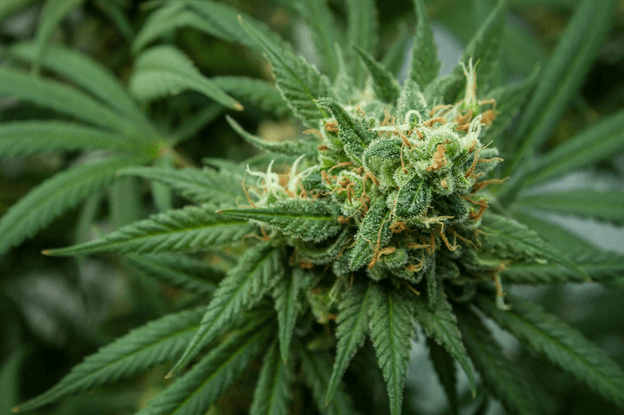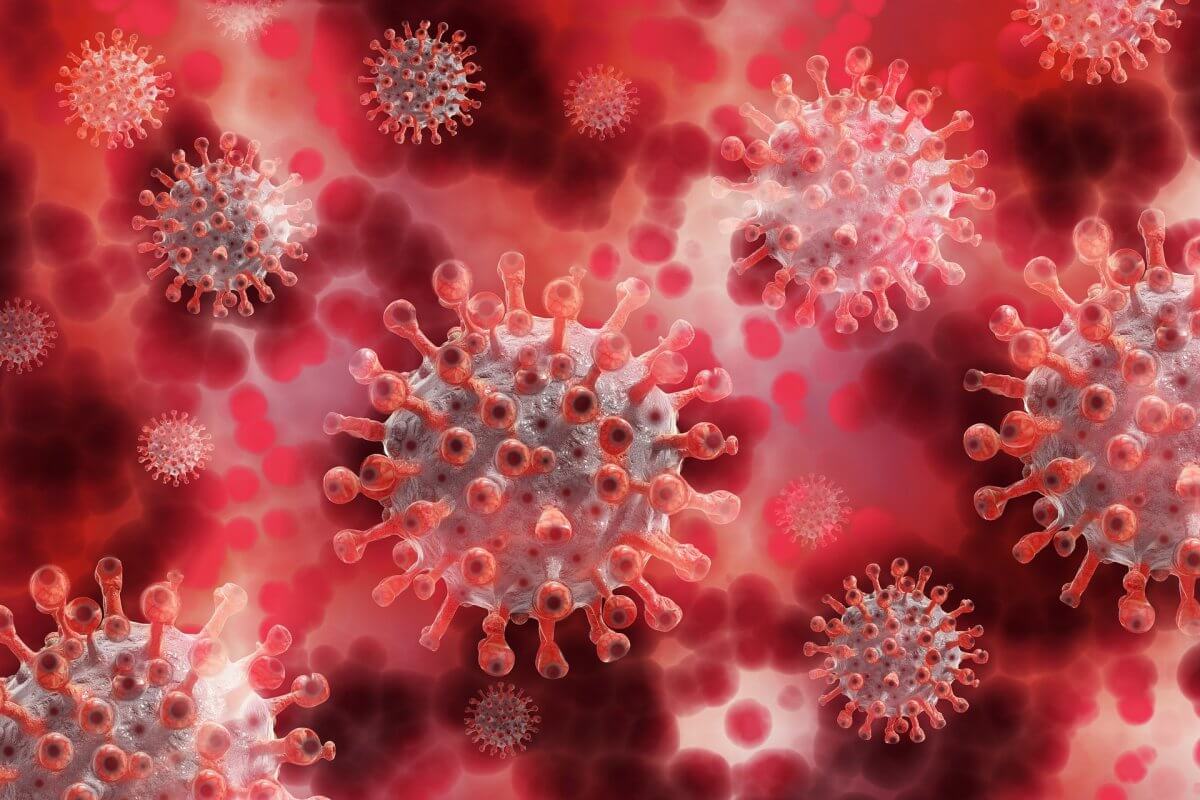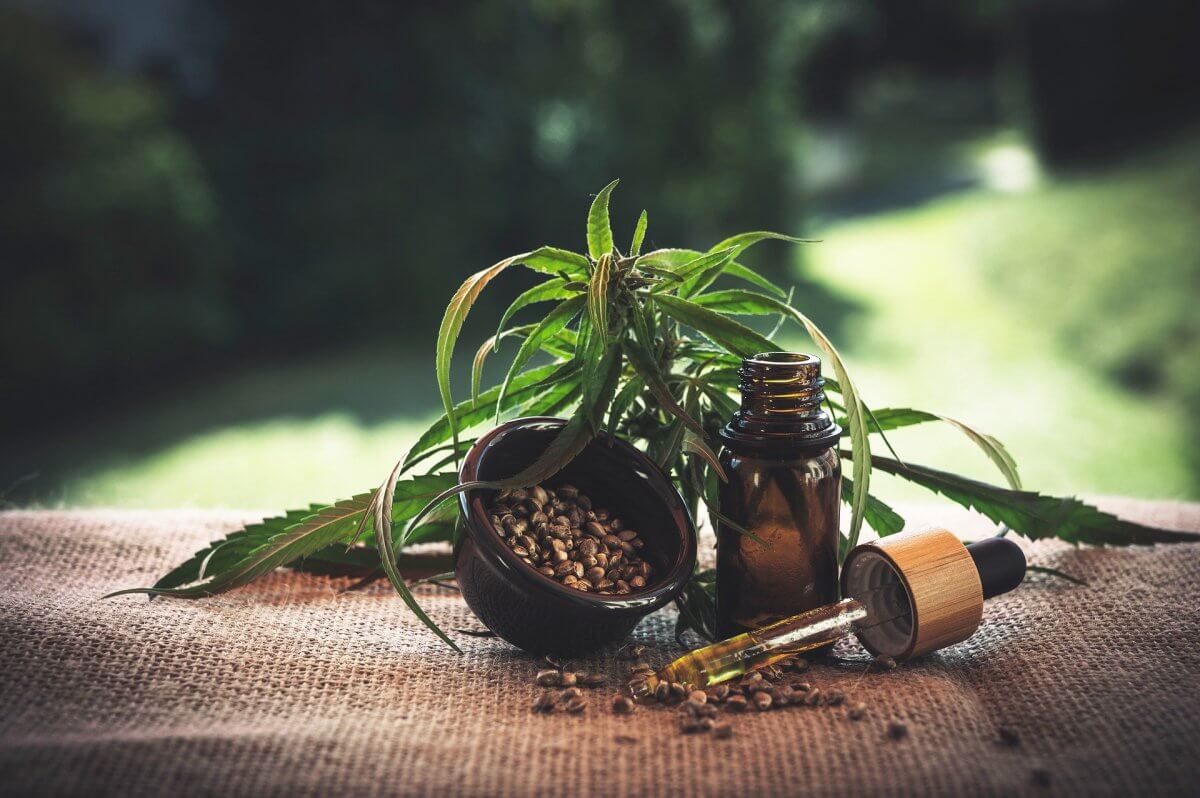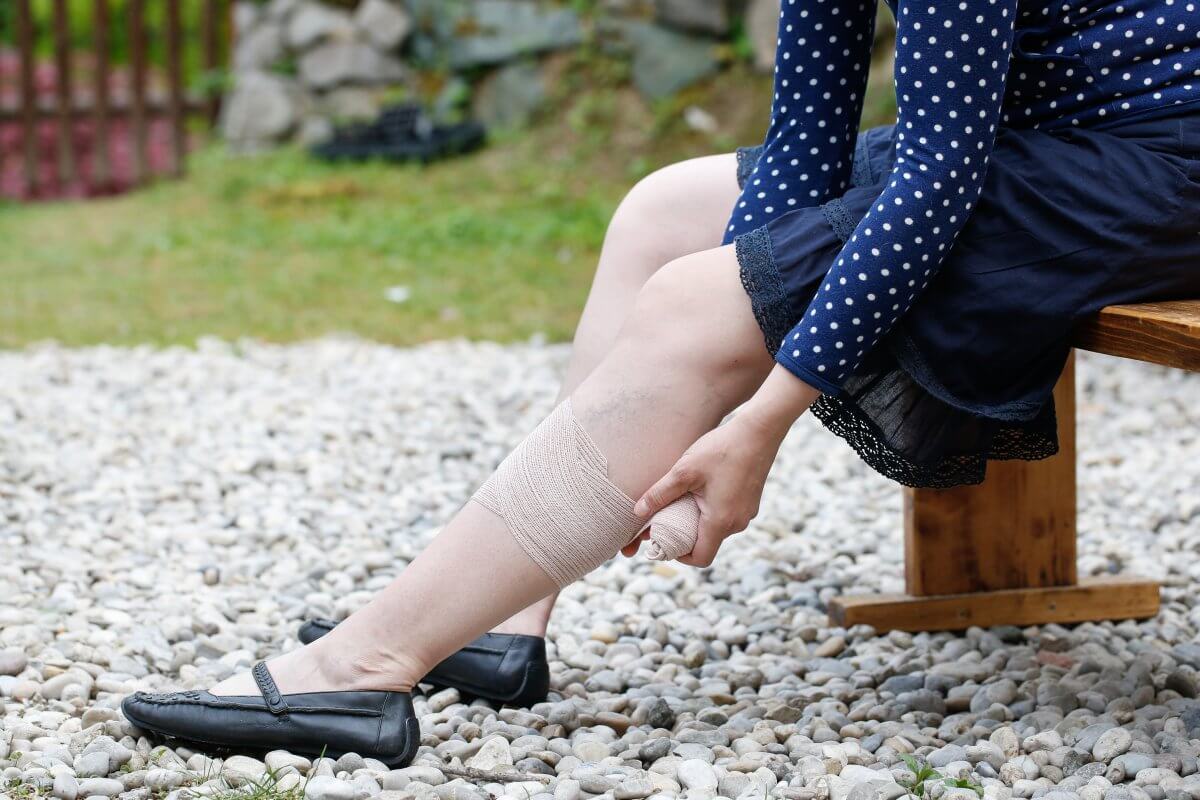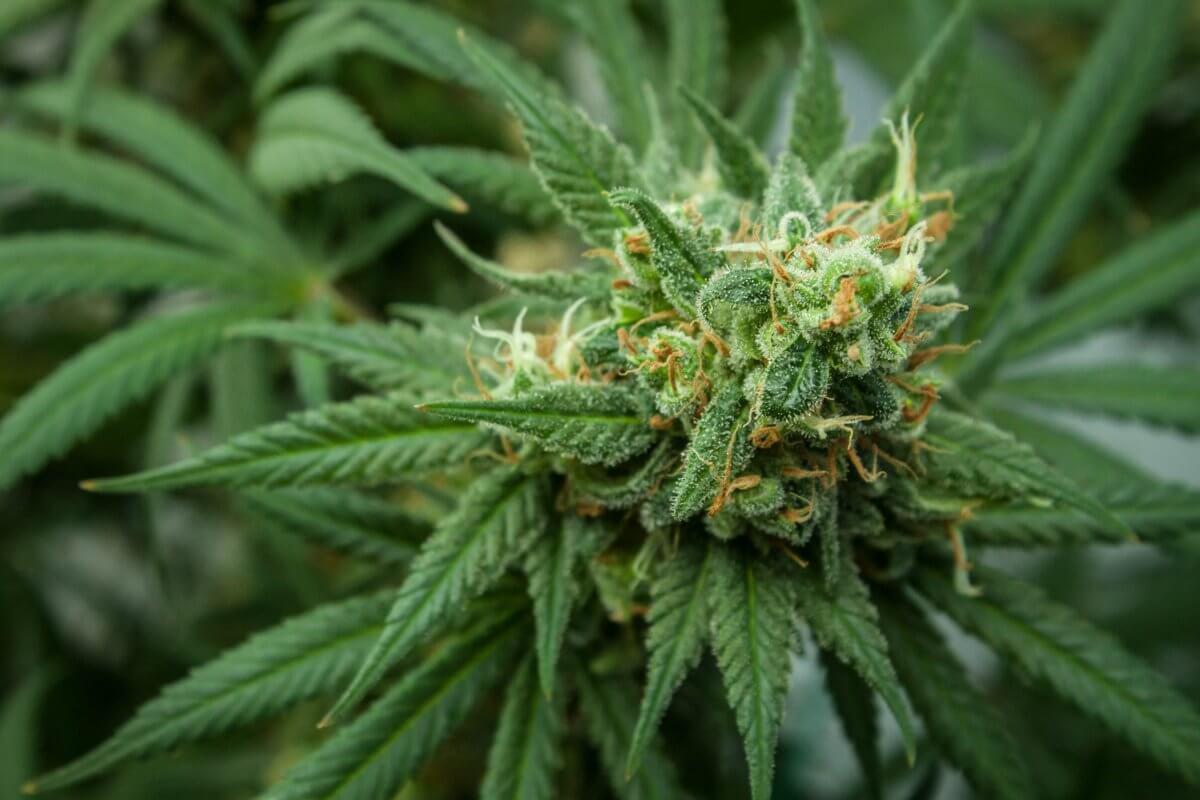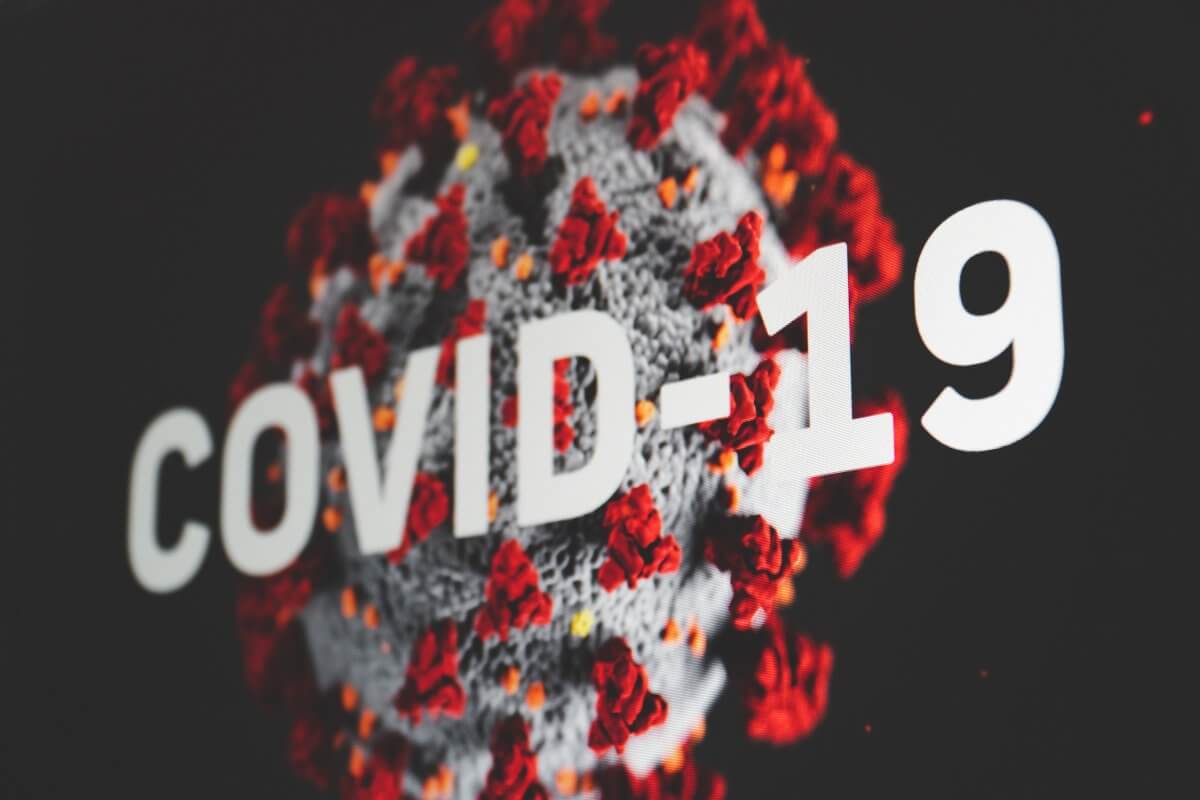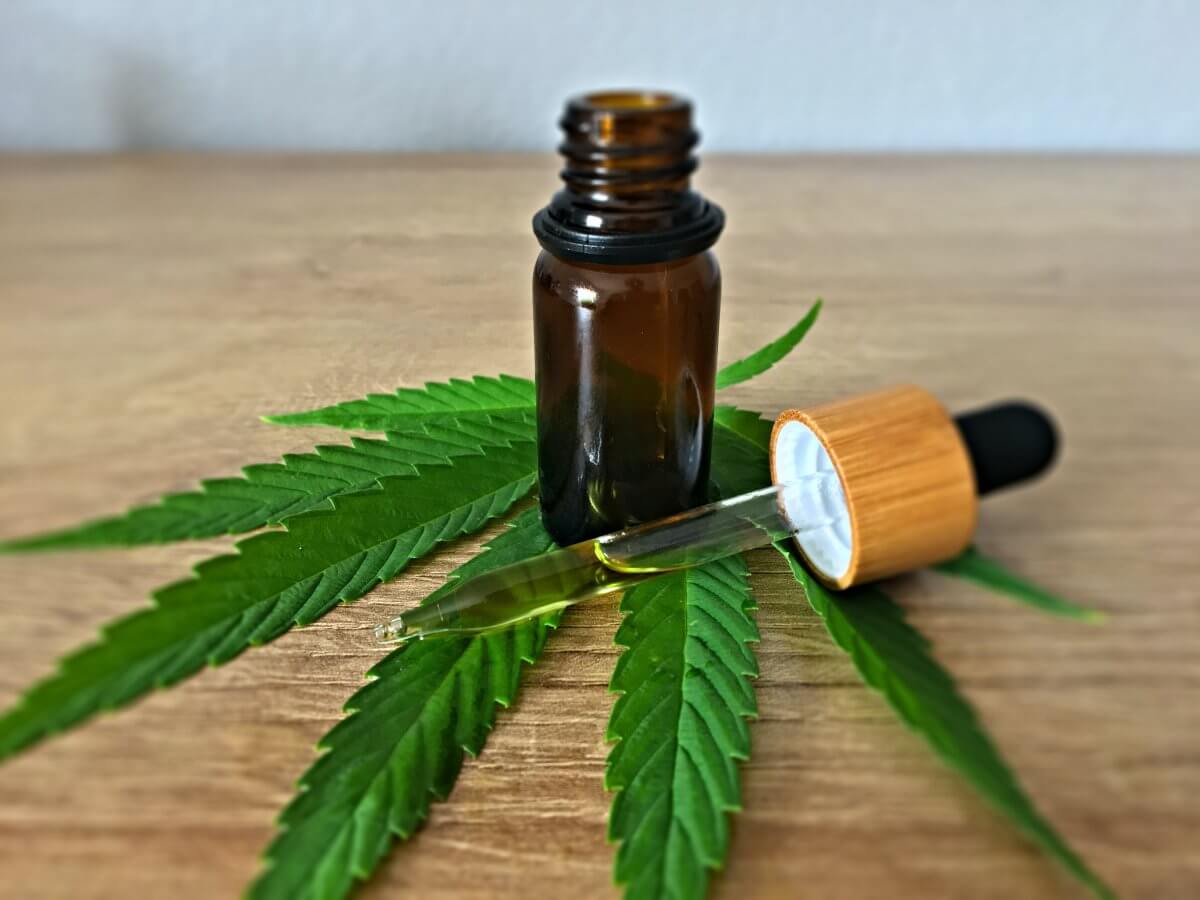As a pharmaceutical company, the well-being of patients is our top priority. This is also our highest priority in the debate on the legalization of cannabis.
If cannabis is legalized, it is essential that the health of patients is protected and that they continue to have safe access to their medicines and comprehensive information. The high-quality standards of the preparations, the continuous availability of medicines with a stable effect profile as well as the eligibility for reimbursement by the health insurance companies must remain unaffected in order to be able to continue to guarantee patients this therapy option.
It should continue to be ensured that seriously ill patients who are interested in cannabis therapy have access to trained medical counselling and receive detailed information. Counselling by a medical professional as well as in the pharmacy remains an indispensable cornerstone of therapy with medicinal cannabis, even if the plant and its active ingredients are released for recreational use.
We welcome the fact that destigmatisation of cannabis, as a result of legalization and the accompanying information, will make it easier for patients to deal with the subject in their environment. Furthermore, we expect that with the increasing abundance of information, new patients will also have easier access to this new therapy option. As the general acceptance increases and medical cannabis also meets with more trust among doctors and pharmacists, the security of supply for patients increases, as does more detailed information by prescribers.
In order to protect the consumer, we consider it a priority to provide constant information about recreational use. Topics such as the effects of the active substances, possible risks and side effects, dangers of co-medication, addiction potential, effects on the ability to drive and operate heavy machinery and other topics should be known to possible consumers. Consumers should be empowered to make a decision based on sound information. We expect that with legalization, addiction prevention will be promoted and adequately funded.
We welcome the dispensing of cannabis for recreational use at the pharmacy or pharmacy annex. Pharmacists have the necessary expertise to advise consumers on the safe use of cannabis. CanPharma clearly positions itself here as a reliable partner of pharmacies.
CanPharma GmbH and its partner network ensure a stable supply of patients through high-quality products and the continuous education of those affected as well as the further training of specialized personnel. If cannabis is legalized, we see it as our task to ensure the safety of consumers through education and training.


